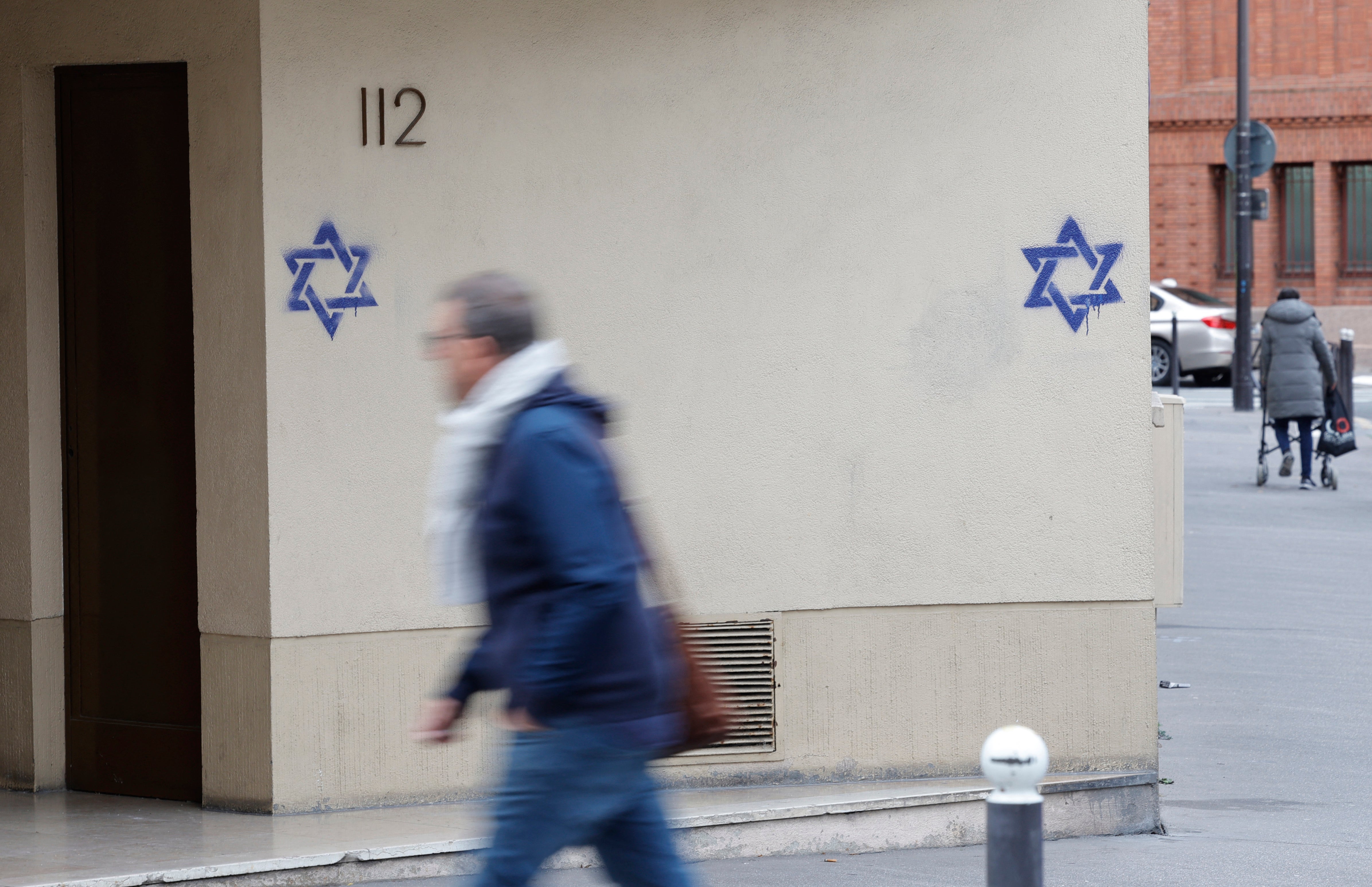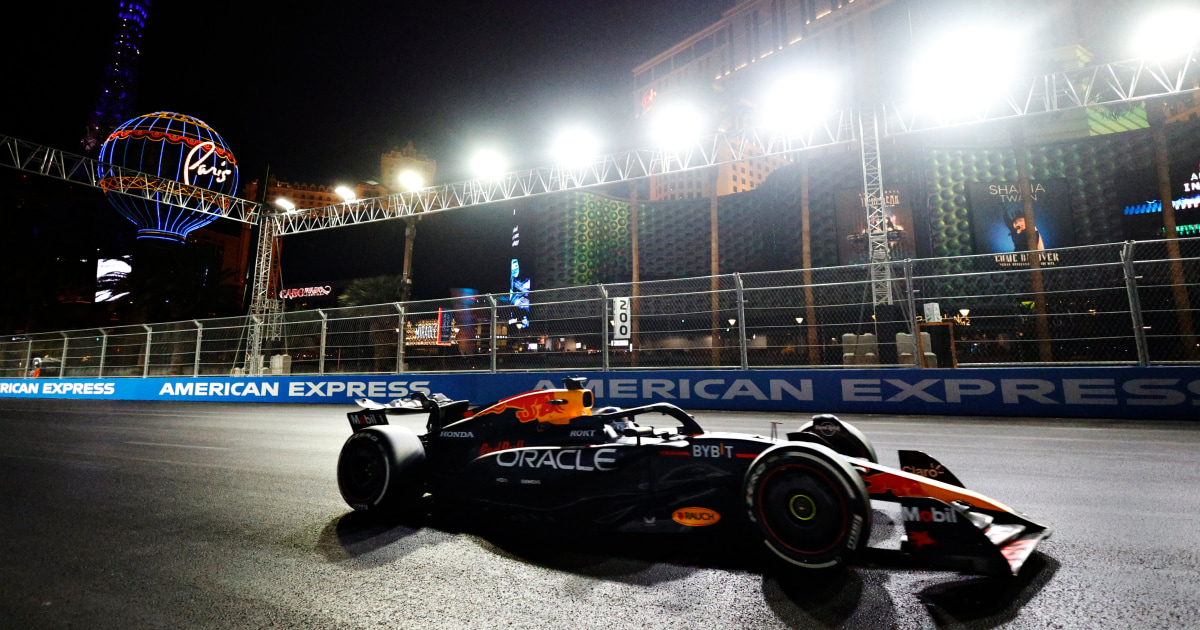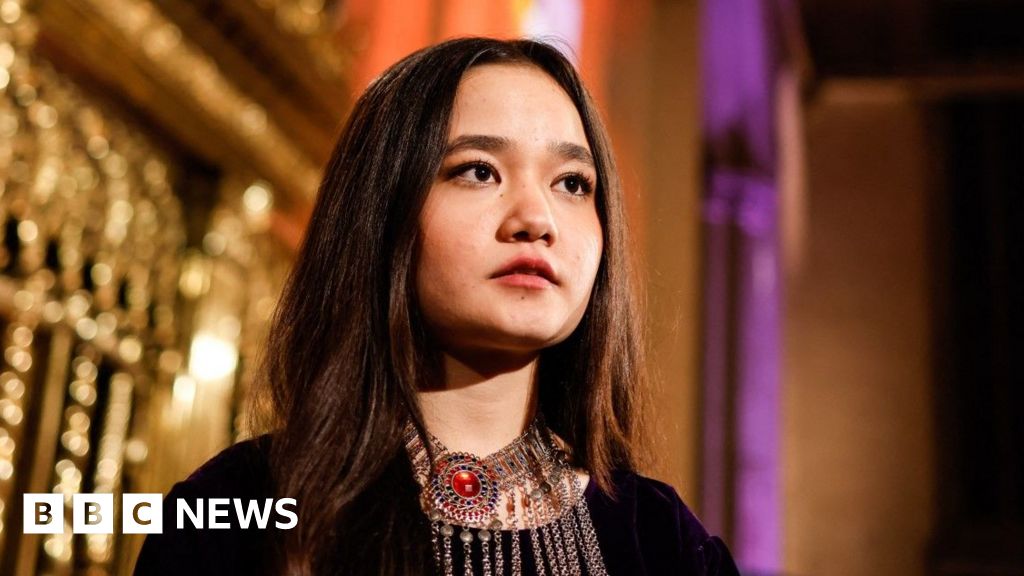World
Vladimir Putin, Xi Jingping vow to cooperate against US ‘containment’

Russian President Vladimir Putin (left) and Chinese President Xi Jinping at the 75th anniversary of the establishment of diplomatic relations between Russia and China, in Beijing. (Photo: PTI)
Chinese President Xi Jinping and Russian leader Vladimir Putin pledged to intensify cooperation against US “containment” of their countries, as they warned of growing nuclear tensions between rival powers.
Putin and Xi accused the US of planning to station missile systems around the world that “pose a direct threat to the security of Russia and China,” in a joint declaration after more than two hours of talks in Beijing on Thursday. They agreed to tighten coordination, including between their militaries, against what they called Washington’s “destructive and hostile course.”
The two leaders also warned of “increased strategic risks” from spiraling tensions between nuclear powers. They accused the US of seeking to violate the strategic nuclear balance to gain a “decisive military advantage.”
Putin’s in China on the first foreign visit since his inauguration last week for a fifth presidential term, indicating the importance of the relationship with Xi in enabling Moscow to resist unprecedented sanctions from the US and its allies over Russia’s invasion of Ukraine.
The leaders said “preventing direct military confrontation between the nuclear powers is the priority task,” but lambasted nuclear states that “encroach on each other’s vital interests” by expanding military alliances near their borders, a dig at NATO expansion in Europe and US-led efforts to forge security partnerships in the Asia-Pacific region to counter China.
Xi said China was “ready to work with Russia as a good neighbor, friend and partner with mutual trust,” state broadcaster China Central Television reported after the pair had met. China was prepared “to consolidate the friendship between the two peoples for generations to come,” he added.
Putin described the nations’ cooperation as “one of the main stabilizing factors in the international arena,” according to a video posted on a Kremlin social media account.
The two leaders declared a “no-limits friendship” just weeks before Putin launched his full-scale invasion of Ukraine in February 2022, and have met more than 40 times since Xi came to power in 2012.
Driven by Russian oil and gas sales and purchases of electronics, industrial equipment and cars, Moscow’s trade with China hit a record $240 billion in 2023. Despite that, China’s exports to Russia have dipped for the past two months amid mounting US threats of reprisals.
Putin wants the visit to ensure that the economic and diplomatic support that China has provided since he attacked Ukraine remains intact. The US has warned China over its trade with Russia, threatening to sanction banks that prop up the Kremlin’s war machine.
Sitting beside Xi at a ceremony later Thursday to sign agreements on deepening cooperation in areas ranging from energy and military exercises to AI and space exploration, Putin noted that 90% of trade between Russia and China was settled in yuan and rubles.
“This means we can say our trade and investments are effectively safeguarded from the influence of third countries,” he said, an apparent reference to the US and the dominant role of the greenback globally.
Putin added that Moscow and Beijing had agreed to step up banking ties and increase the use of national payment systems. Details of those agreements and the ones signed before cameras were not released.
Xi also took a veiled swipe at the US, saying that “unilateral hegemony, confrontation and power politics threaten global peace and all countries’ security.” He repeated his nation’s position on the war in Ukraine, saying that “a political solution to the Ukraine crisis is the correct direction.”
Putin said he’d discuss the situation in Ukraine at informal talks with Xi that were planned for later Thursday.
The visit comes just days after Putin appointed Andrey Belousov, an economist and technocrat, as his new defense minister, replacing the long-serving Sergei Shoigu in a sign the Russian leader sees an extended conflict ahead.
In recent weeks, the US has stepped up warnings to Chinese banks and exporters about consequences if they help to bolster Russia’s military capacity.
In December, the Treasury Department announced it would impose secondary sanctions on banks that facilitate deals in which Russia procures semiconductors, ball bearings and other equipment necessary for its military — even if they’re unaware they’re doing so.
First Published: May 17 2024 | 10:49 PM IST










